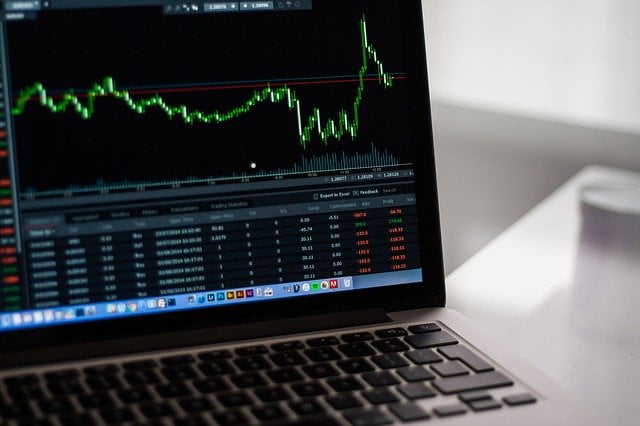In his Daily Market Notes report to investors, while commenting on the revival of meme stocks, Louis Navellier wrote:
Q1 2021 hedge fund letters, conferences and more
Meme Stock Jitters
The revival of Meme Stocks adds to investor concerns that the market may be "frothy" due to so much liquidity that's been injected in the economy both from the Fed's Quantitative Easing and the massive stimulus funds sent out to the public. Anything that makes the market appear irrational for more than a short transition period is a disincentive for investors to commit more capital, particularly retail investors.
Treasury Secretary Janet Yellen achieved a major victory when she got the G7 to agree to a 15% minimum global tax on corporations. Yellen added that Amazon and Facebook would fall under the new 15% minimum global tax on corporations. However, Ireland with a 12.5% corporate tax and the home to many U.S. corporations, agreed to “opt out” on the 15% minimum global tax. The top tax writing Republicans in Congress, namely Representative Kevin Brady (Texas) and Senator Mike Crapo (Idaho) noted that the U.S. effectively imposed a 10.5% minimum tax in 2017 and that other countries have not followed the U.S. So it will be interesting which countries in the G7, if any, will impose a 15% minimum global tax on corporations.
Fed Unloads
The Fed is now in the process of unloading the corporate bonds and ETFs it bought over a year ago during the start on the pandemic. Specifically, the Fed owns $5.21 billion in corporate bonds and $8.56 trillion in corporate debt through ETFs. Bolstered by strong earnings and cash flow, the corporate bond market is very healthy at a record low yields relative to Treasury bonds, so unloading these corporate bonds should be very easy and nothing to be alarmed about. I should add that the corporate bond market remains very busy, since Corporate America continues to sell a billions in new debt to redeem callable bonds, bolster their cash reserves and buy back outstanding stock.
Currently, the Fed is buying $80 billion in Treasury securities and $40 billion in mortgage-backed securities each month. If and when the Fed decides to “taper,” I suspect that the mortgage-backed securities will get the biggest haircut due to the health of the housing market. Since effectively the Fed has embraced Modern Monetary Theory (MMT) but not admitted it yet, it will be interesting if the Fed can entirely eliminate its quantitative easing, since the bid-to-cover ratios at upcoming Treasury auctions might get too tight. I mentioned on Fox Business with Mario Bartiromo this morning that quantitative easing may become permanent for the U.S., simply because the U.S. budget deficit has gotten too large to entirely eliminate its quantitative easing (i.e., bond buying).
Tax Increase Uncertainty
Lots of income tax increases are still being bandied about. Bidens proposed increase to 39.6% is primarily an acceleration to 2022 of the increase already set for 2025. Also proposed is a higher top capital gains tax rate of 39.6% (same as ordinary income max rate) for people making over $1 million. Tax increases are much more difficult to pass than tax cuts. It is likely that negotiations will drag on for some time and result in many more compromises than currently on the table. This will add a level of uncertainty to the already cautious market trading near all time highs.
In the weird news this week, Amazon founder Jeff Bezos will fly on the maiden flight of Blue Origin on July 20th. Accompanying Bezos will be his brother and the winner of a public option for one of the seats. Blue Origin is a big rocket that is designed to go to the edge of space, but not entirely leave the earth’s atmosphere. Jeff Bezos wholly owns the Blue Origin space flight business. I am curious what Richard Branson, who has a competing business via his Virgin Galactic space flight company will say other than congratulations. Elon Musk will also likely have a notable comment.






